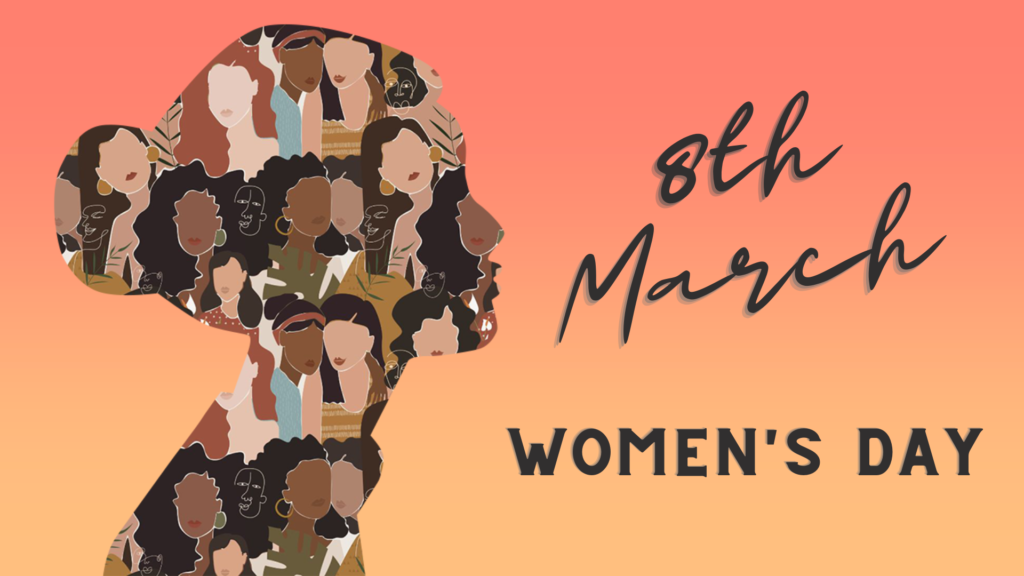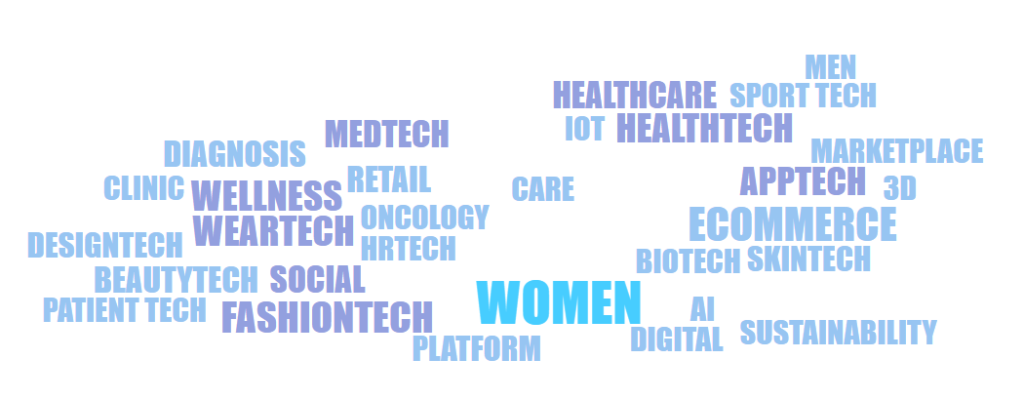
Aujourd’hui, les femmes sont mises en valeur pour cette nouvelle Journée internationale des droits des femmes. C’est en 1982, sous l’impulsion d’Yvette Roudy, ministre déléguée aux droits des femmes, que la France reconnaît le 8 mars comme Journée internationale des droits des femmes.
Après 41 ans, nous souhaiterions vivement que cette journée n’existe pas. Non pas car nous ne souhaitons pas parler des femmes mais plutôt parce que ne pas en parler signifie que tout va bien !
Malheureusement, il existe encore de trop nombreuses disparités entre les hommes et les femmes. En termes de droits certes mais aussi en termes de santé et de bien-être.
Mais de nombreuses start-up ont décidés de s’orienter vers des offres de produits et de services à destination des femmes, de leur santé et de leur bien-être.
Table of contents
Journée internationale des droits des femmes : Tour d’horizon des inégalités
Charge mentale
En matière de charge mentale par exemple, elle est trop souvent l’apanage des femmes. Et quand la charge mentale devient trop lourde, les conséquences sur la santé physique et mentale sont multiples : hyperréactivité émotionnelle, fatigue importante, troubles du sommeil mais également des symptômes physiques pouvant aller de la migraine à des douleurs…
Pratique physique
La pratique physique peut également être un exemple d’inégalité. Une étude pointe du doigt de nombreuses inégalités entre hommes et femmes sur ce plan. Les travaux révèlent que les femmes sont plus exposées à un manque d’activité physique. En effet, 70 % d’entre elles sont en deçà de tous les niveaux d’activité identifiés pour être en bonne santé, contre 42 % des hommes.
La taxe rose
Une « taxe rose » règne sur les protections menstruelles. En France, ces produits de première nécessité étaient taxés à 20 % jusqu’en 2015, c’est-à-dire comme des produits de luxe. Leur TVA est depuis à 5,5 %. En comparaison, la litière pour chat est taxée à 2,5 %…
On estime qu’une personne menstruée consomme en moyenne 15 000 protections au cours de ces 400 cycles minimum. Beaucoup se sont essayés à estimer le coût des protections menstruelles sur une vie. En 2019, Le Monde s’est servi d’un calculateur développé par la BBC et a estimé ce coût à environ 3 800 euros par personne menstruée dans une vie.
Cependant, de nombreux autres frais annexes seraient à prendre en compte : gynécologue, remplacement de linge, de vêtements, etc. Et si les culottes menstruelles représentent en effet une belle économie sur le long terme, elles ne sont pas financièrement accessibles à tou.te.s à l’achat et ne conviennent pas forcement à chacun.e.
Au delà des inégalités, la santé des femmes est trop souvent banalisée.
Pour exemple, le créateur de la pilule abortive s’étonne que « l’on a mis dix ans pour mettre notre pilule du lendemain sur le marché japonais alors qu’il a fallu seulement six mois pour le Viagra ! ».
Autre exemple de cette banalisation, voire de régression : selon les dernières estimations publiées dans un rapport des organismes des Nations Unies, toutes les deux minutes, une femme meurt pendant la grossesse ou l’accouchement. Ce rapport, intitulé : « Trends in maternal mortality » (évolution de la mortalité maternelle), met en évidence des régressions alarmantes pour la santé de la femme au cours des dernières années, en effet les décès maternels ont augmenté ou stagné dans presque l’ensemble des régions du monde.
Enfin, au canada, des lacunes persistent pour prévenir et traiter les problèmes cardiaques et cérébraux des femmes. Selon la Fondation connue sous le nom Cœur + AVC, une femme décède toutes les 16 minutes en raison de problèmes cardiaques (étude réalisée en 2019). Il s’agit des causes principales de décès prématuré des femmes au Canada.
Des start-up dédiées aux femmes
De nombreuses start-up ont décidé de proposer des produits et des services à destination des femmes, de leur santé et de leur bien-être.
La plateforme Skopai recense actuellement plus de 600 start-up sur la recherche « WOMEN ». Ces start-up sont présentes sur un ou plusieurs de ces secteurs :

Leurs présences est mondiale puisque 27,7% de ces start-up sont situées aux Etats-Unis, 25% en France et 14,5% en Inde.

Leur niveau de maturité est principalement GO TO MARKET avec 59,80% d’entres elles. Mais preuve de leur potentiel, on y trouve également quelques licornes.
Retrouvez toutes ces start-up sur l’application Skopai en demandant une démo sans tarder.

